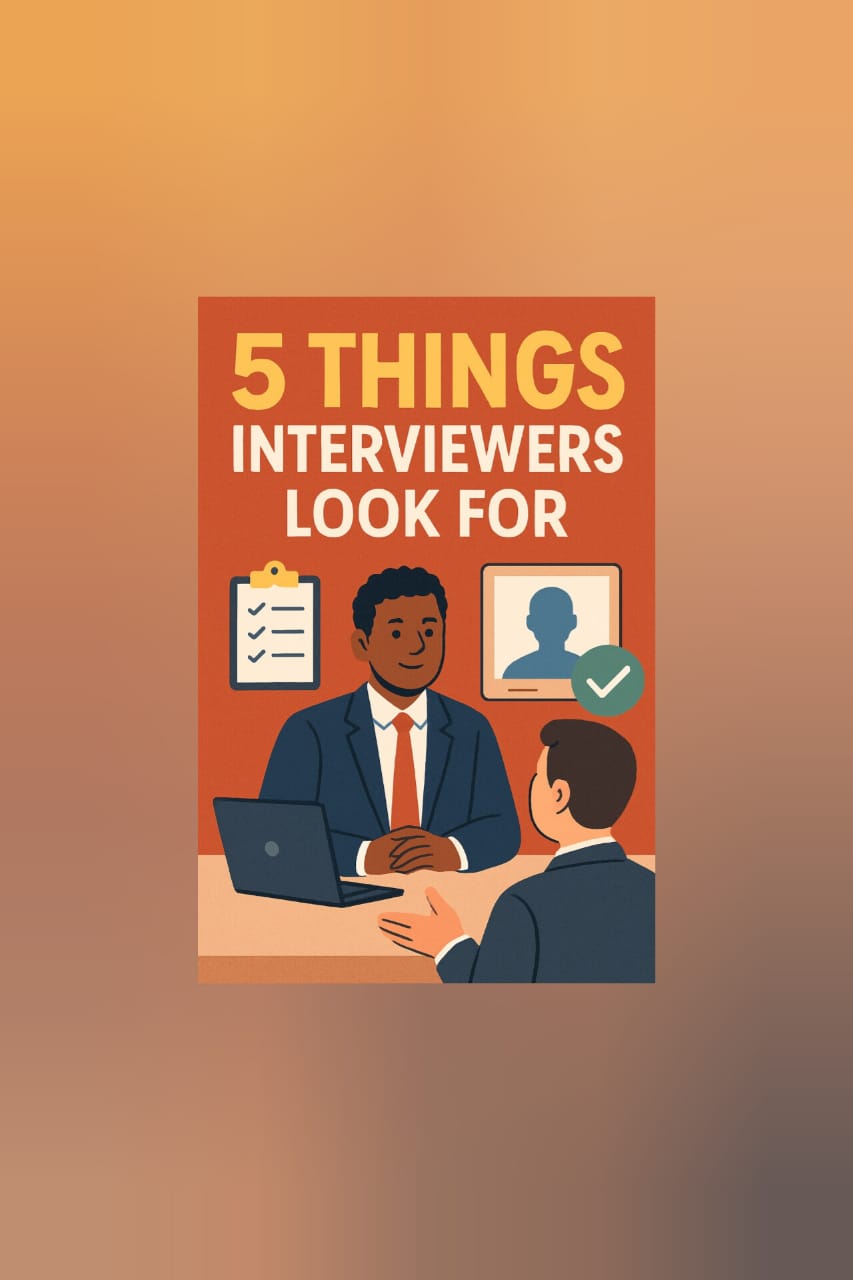
Breaking into senior finance roles in cities like Bangalore and Mumbai is not simply about flaunting qualifications on a resume. It is about presence, adaptability, and a balance of technical precision with leadership maturity. These positions, whether titled Finance Manager in a high-growth technology firm or Head of Finance at a long-standing consumer brand, demand a professional who can work with numbers while steering vision.
Why These Two Cities Matter So Much
Bangalore and Mumbai represent two distinct sides of the finance career landscape in India.
Bangalore is powered by startups, technology firms, and venture capital investments. The finance professional here often finds themselves working in an environment that prizes speed, growth projections, and investor confidence. A Finance Manager in this city might need to explain burn rates and funding cycles to leadership teams almost as often as they discuss statutory audits.
Mumbai, in contrast, is the traditional hub. Banks, stock exchanges, multinational corporations, and family-run conglomerates dominate its skyline. Finance leaders in this city carry the responsibility of risk management, treasury functions, regulatory navigation, and corporate governance. While growth matters here too, the tone is measured, the discipline sharper, and the expectations of stability far greater.
The implication is clear. The way you present yourself for senior roles in Bangalore will differ from how you pitch yourself in Mumbai. A narrative built on aggressive scaling might win points with a Bengaluru startup, but the same could raise eyebrows in a Mumbai boardroom looking for prudence and control.
Qualifications Alone Do Not Seal the Deal
Chartered Accountancy, CFA, ACCA, or an MBA in finance are baseline requirements for senior roles. Nobody denies their importance. Yet the hiring market has shifted. Credentials now function like an entry ticket rather than a guarantee.
What makes the difference is how you apply those qualifications. Consider the Finance Manager position with Atomgrid in Bangalore. The requirement is not only financial reporting but also building systems for a technology firm’s rapid expansion. Or think about the Head of Finance for a Quick Service Restaurant vertical in a large food company. That role extends far beyond cost calculation and budget monitoring. It means handling expansion decisions, ensuring compliance across supply chains, and working with investors who need confidence in the model.
The message is simple. Senior finance roles reward professionals who combine academic depth with practical, strategic execution.
Numbers Need Stories
One striking skill that separates leaders from accountants is the ability to translate numbers into narratives. A profit and loss statement is data. A story built around that data shows where the company is heading and what choices lie ahead.
Imagine a CEO reviewing quarterly figures. She does not want just revenue and cost tables. She wants to know if the trends suggest expansion into Southeast Asia or whether the company should wait for regulatory clarity. Numbers without meaning are background noise. Numbers woven into business stories become guiding stars.
History gives us clear examples. When Indian automotive firms debated large electric vehicle investments, finance teams who succeeded were not the ones who produced the most detailed cost sheets. They were the ones who connected the data to larger trends in sustainability, government incentives, and consumer behavior.
Networks and Visibility Matter More Than You Think
Here is a truth many professionals overlook. Senior finance positions rarely go only through job boards. They are filled through networks, executive search firms, and referrals.
In Bangalore, connections often grow at startup summits, fintech forums, or venture capital events. In Mumbai, opportunities circulate through banking conferences, business chambers, and alumni associations. Both environments reward professionals who build relationships early and nurture them consistently.
Platforms like AplusHub are great resources. They list roles such as Finance Manager with Atomgrid or Head of Finance for food businesses. But relying only on postings would be like trying to win a cricket match with one batsman. Visibility through LinkedIn presence, participation in thought leadership events, and personal networks add real weight to your candidacy.
Leadership Beyond Spreadsheets
Being a finance leader is not about sitting behind an Excel sheet all day. It involves managing teams, influencing culture, and providing stability during turbulence.
A Finance Manager in Bangalore may be guiding a lean five-person team, but the skill is in creating an atmosphere where innovation thrives without sacrificing accuracy. A Head of Finance in Mumbai might oversee fifty professionals, yet the expectation is to balance accountability with encouragement.
During downturns, teams often look to their finance leaders for calm reassurance. A leader who can communicate tough realities without crushing morale becomes an asset that numbers alone cannot measure. This is why emotional intelligence, patience, and clarity of communication now rank high on recruiter lists.
Technology as the New Language of Finance
Finance today is inseparable from technology. In Bangalore especially, professionals are expected to master ERP systems, automation, and analytics tools that link finance with sales and operations. Platforms like SAP, TallyPrime, Zoho Books, and Oracle NetSuite are part of daily vocabulary.
In Mumbai, treasury and compliance software, cross-border tax tools, and risk dashboards take priority. Regardless of city, the ability to explain how you used a tool to solve a problem matters more than listing the tool itself. For instance, saying you reduced reconciliation errors by 30 percent through SAP-HRMS integration carries more power than simply claiming “experience in SAP.”
Interviews Test Composure as Much as Competence
Interviews for senior finance roles rarely stop at technical questions. Boards and hiring panels test how you react under pressure, how you defend decisions, and how you communicate risk.
Questions often include scenarios such as how to reassure investors during a downturn, how to respond when a regional office fails an audit, or how to manage aggressive growth targets while respecting regulations.
These questions are less about the correctness of answers and more about composure. The goal is to see if you are the steady figure who can guide a team, handle a CEO’s anxieties, and present to investors without flinching.
Practical Roadmap to Secure Senior Finance Roles
Here is a framework worth considering:
-
Update and Diversify Credentials: Supplement your CA or MBA with globally recognized certifications like CFA or CPA.
-
Demonstrate Tech Skills: Provide clear examples of how you used ERP systems, dashboards, or analytics platforms.
-
Practice Storytelling with Data: Convert financial jargon into narratives that non-financial leaders can grasp.
-
Network Smartly: Focus on meaningful discussions, industry insights, and long-term relationships.
-
Stay Informed: Keep up with NASSCOM reports for tech or RBI bulletins for banking to stay market-relevant.
-
Highlight People Leadership: Share examples of mentoring, conflict resolution, and cultural influence.
Closing Thoughts
Securing senior finance positions in Bangalore or Mumbai is not a game of credentials alone. It is about weaving expertise with leadership, storytelling with numbers, and confidence with humility. Companies today want finance leaders who can manage risk while inspiring growth, who can read balance sheets yet also read the room.
So whether you are targeting a Finance Manager role in Bangalore’s tech corridors or a Head of Finance role in Mumbai’s corporate towers, remember this. Your ability to lead through uncertainty, to communicate beyond numbers, and to carry both caution and ambition in the same breath is what will set you apart.
Isn’t that, after all, the kind of finance leader every company hopes to find?
Don’t stress about searching every career page or job site. Stay ahead with the latest opportunities from different sources right here!
Related Articles
Scrolling through remote job boards feels like online dating sometimes — too many profiles, not enough real matches. Sure, there are tons of platforms saying they offer “remote roles,” but what do we actually get?
➡️ Low-quality jobs
➡️ Zero clarity
➡️ Ghosted after applying
➡️ And sometimes… scams 😬
Meanwhile, big companies are hiring remotely. Startups are going global. But finding those authentic roles in one place? Almost impossible. Most platforms make the job hunt a hustle — filters, fake postings, and unauthentic results.
Now here’s the plot twist. 🎬✨
Introducing Aplushub — the platform that said, “Enough of the nonsense!”
Aplushub brings 500+ legit remote jobs from trusted brands, remote-first companies, and fast-growing startups. Each opportunity actually leads somewhere.
Whether you’re in tech, marketing, HR, content, or just starting out — this platform gives remote job seekers what they’ve been begging for: authenticity + ease.
Remote work should be freedom, not frustration.
With Aplushub, it finally is. 🚀
Check this out Now- http://www.aplushub.com/
Ever walked out of an interview thinking, “I nailed it!”—only to never hear back? Well, as a consultant who’s seen hundreds of interviews, let me spill the chai: there are 5 things interviewers always notice—consciously or not!
1️⃣ How serious are you?
If you haven’t read about the company or what they’re building, it’s game over. Pro tip: ask a thoughtful question or share a suggestion—it screams I care!
2️⃣ Problem-solving mindset.
When given a situation, the focus isn’t just on getting the answer right—it’s on how you think. Even if you can’t solve it, showing logical “solutioning” wins big points.
3️⃣ Your first impression game.
For in-person interviews: dress right (Don't surpass shoes), How & when you use Hand gestures, how you place your hand & legs, shoulders upright or not, Never compromise on "Smile on a face"- these cover 40% of the decision.
Online? Camera on, audio checked, and wear something that shows effort (no, not your favorite hoodie).
4️⃣ The project connection.
Come prepped with at least one project that aligns with the JD or what the founders are building. That’s their Sweet spot.
5️⃣ The trust trigger—eye contact.
Be confident, look them in the eye (yes, even on Zoom). Confidence builds credibility.
Because remember—you’re not just being interviewed, you’re being observed ! 👀
You've gone through an education system that probably never taught you anything about professionalism, logical deconstruction, and comfort with ambiguity. You may have tremendous bookish knowledge, but lacking these three attributes is an immediate invisible red flag that will stop you from getting the job or the promotion you always wanted.
Let's throw some light on the top-5 common mistakes that highlight your lack of these attributes, and what you should be doing instead
- Showing up late without informing your interviewer/coordinator - there are genuine reasons one could be running late, but that needs to be duly communicated ahead of the planned interaction. Inform every marked on an invite, drop a text or give a call, but keep your stakeholders informed. Their time is as much valuable as yours.
- Turning up unprepared for the interview - if you are turning up unprepared, why is it that you are turning up at all? why waste your and interviewer's time? You are better off declining the opportunity, instead of ruining your reputation unnecessarily. You must invest 1 hour to read about the company, the opportunity, some information in the public domain and so on, if you have chosen to show up for an interview.
- Going silent instead of communicating effectively with your stakeholders - it might come as an insight but everyone knows you would evaluate multiple opportunities before chosing one, everyone knows that your decision might be influenced by your loved ones, and everyone is okay with your being unsure, but nobody likes to be left wondering about what might be happening. So, good, bad or ugly, communicate, communicate and communicate! You'll build more relationships that you ever thought, and you never know, one or more of these relationships may turn gold in the times to come.
- Rambling stuff that does not make sense - let us fill you in on another secret, nobody - not even the most successful individuals can know everything about everything in the world. So, when presented with topics/questions you have no clue about, you got to either draw parallels from what you have expertise on, rationally break down the information you are presented with to come up with simple yet logical answers, or admit you do not know anything about this but can talk about something relevant to the opportunity being discussed in detail.
- Demanding a bomb without a concrete rationale - the whole world is underpaid, friends! who doesn't want more, but that's not how it works. Your next compensation cannot ignore your current and/or previous compensations. If you chose to take a sabbatical, took an opportunity by taking a haircut, or become an entrepreneur that eventually did not work out, you have to make peace with your decision. Nobody else had a say in that! You can definitely demonstrate additional skills/knowledge that you acquired during this period (that surely has a value), but that value isn't the only figure on which your next compensation will be decided on. So, learn about the market standards and try to limit your ask within the broadly acceptable range.




